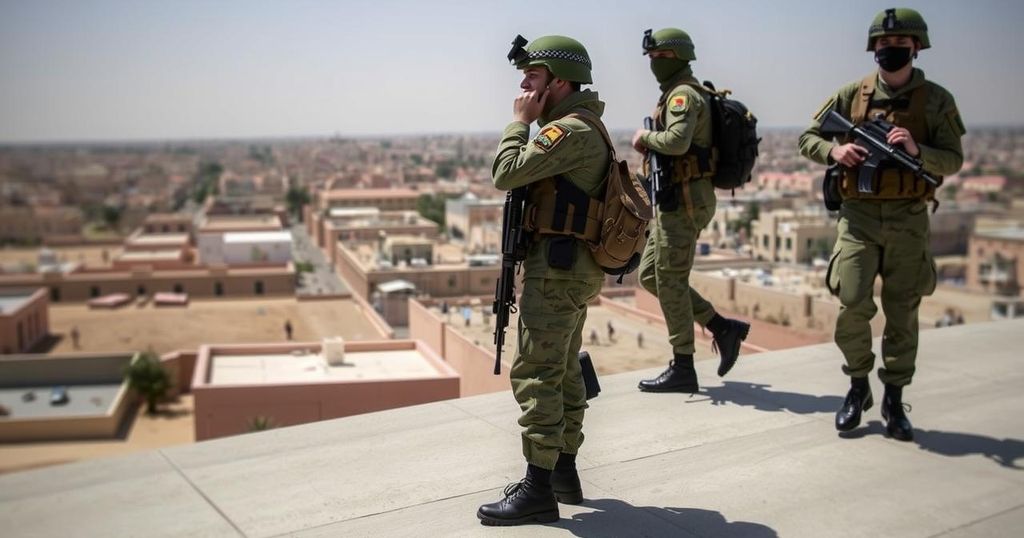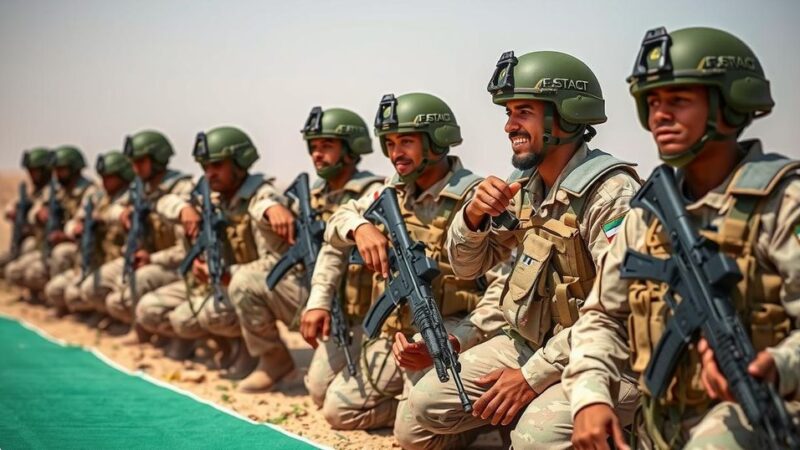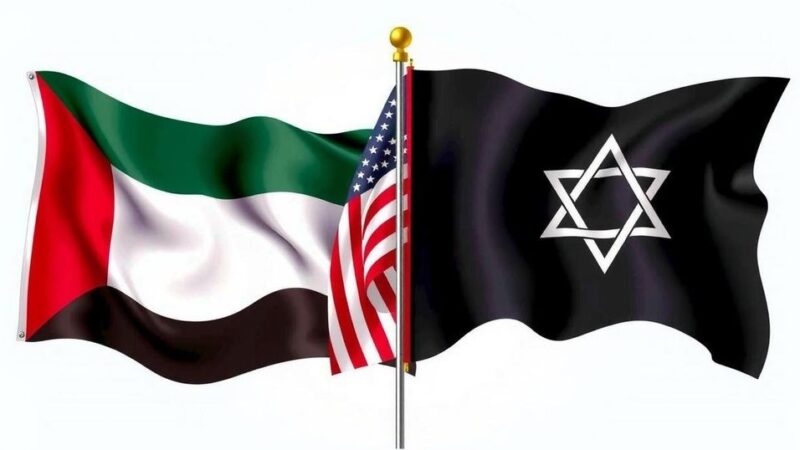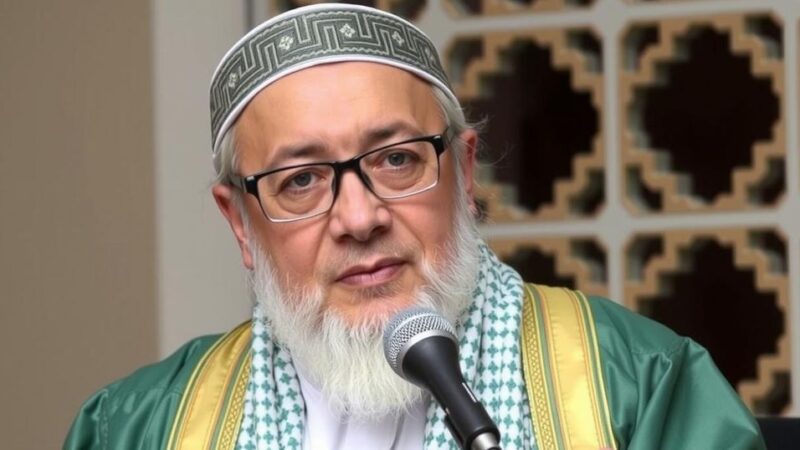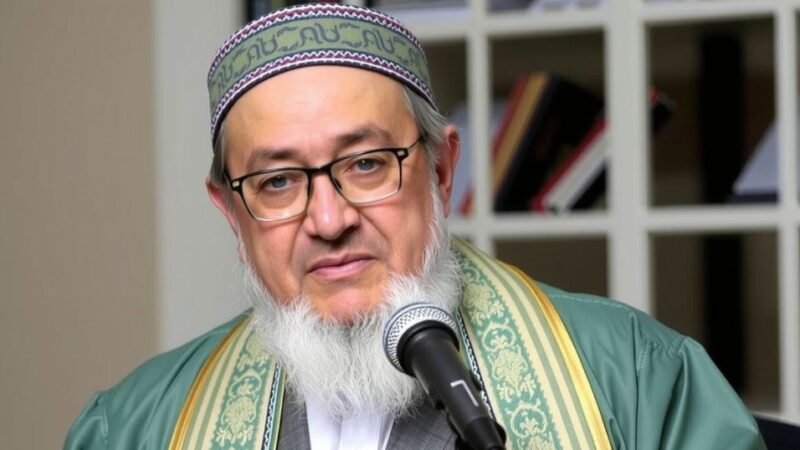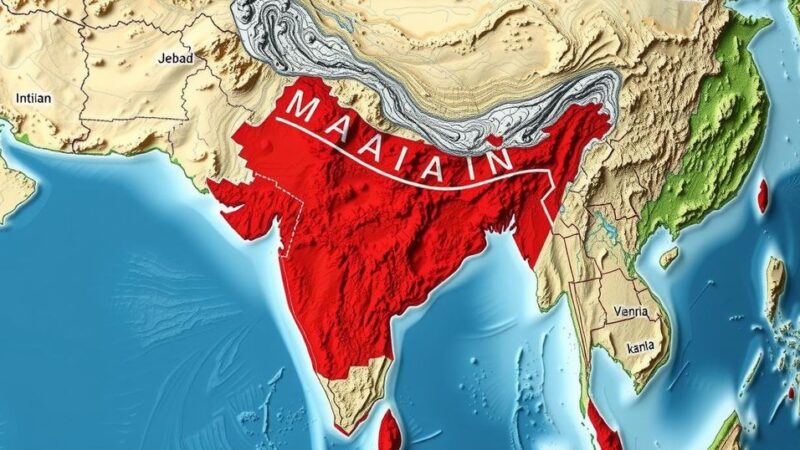A former Israeli soldier fled Brazil after allegations of war crimes emerged linked to his service in Gaza. This incident was part of a wave of lawsuits initiated by the Hind Rajab Foundation. The Brazilian judiciary has responded to claims of extensive destruction of homes in Gaza, prompting international scrutiny and political debate in Israel over the safety of its soldiers abroad.
A former Israeli soldier recently fled Brazil after facing allegations of war crimes connected to his service in Gaza. This incident marks the latest case among several lawsuits initiated by the Hind Rajab Foundation (HRF), which has documented numerous Israeli soldiers’ activities during their deployment in Gaza. Following a complaint by the HRF, a Brazilian judge ordered an investigation into the soldier, accusing him of being complicit in significant destruction of civilian homes in Gaza.
Maira Pinheiro, the lawyer for the HRF, emphasized Brazil’s obligation under the Rome Statute to investigate and prosecute war crimes, crimes against humanity, and genocide. The Hind Rajab Foundation is an organization dedicated to advocating for accountability for actions taken in Gaza, named after five-year-old Hind Rajab, who was killed during a military operation.
In response to the allegations, the Israeli Foreign Ministry took immediate action to ensure the soldier’s safety in Brazil and highlighted concerns regarding potential exploitation of social media posts by anti-Israel activists to initiate legal actions against citizens who served in the military. The HRF has pursued similar actions against Israeli soldiers in various countries, including Thailand and Sri Lanka, although there are no confirmed arrests resulting from these efforts.
The incident has ignited a political uproar in Israel, with oppositional leaders labeling it a significant governmental failure. Israeli Foreign Minister Gideon Saar dismissed these claims as part of a larger anti-Semitic narrative to undermine Israel’s right to self-defense. Furthermore, a group comprised of Israeli soldiers’ mothers has reached out to Prime Minister Benjamin Netanyahu and military leaders, demanding increased legal protections for their children serving abroad. As legislative discussions commence in the Knesset regarding these international legal threats, experts report a growing trend of lawsuits against ordinary Israeli soldiers, diverging from previous focuses on high-ranking officials.
The situation arises in a broader context of international scrutiny regarding Israel’s military operations in Gaza, particularly concerning allegations of human rights violations. The Hind Rajab Foundation has emerged as a prominent NGO focused on tracking and prosecuting Israeli soldiers for alleged crimes committed during military engagements. This trend reflects heightened sensitivity to war crimes globally, particularly in countries that are signatories to the Rome Statute. The increasing number of allegations against Israeli servicemen marks a shift in tactics among activists, now targeting lower-ranking soldiers rather than leadership figures, indicating a broader campaign aimed at holding individual soldiers accountable on international platforms. The legal implications of these actions resonate within Israel, prompting governmental responses, political debate, and concerns about soldiers’ safety abroad. The Israeli government’s commitment to ensuring its soldiers’ protection from alleged international legal threats is central to the discourse surrounding military operations and the implications of warfare on a global stage.
In conclusion, the recent flight of a former Israeli soldier from Brazil due to war crime allegations underscores growing international scrutiny of Israeli military actions in Gaza. This incident is part of a broader pattern of legal efforts spearheaded by the Hind Rajab Foundation aimed at holding soldiers accountable. The Israeli government’s swift response to safeguard its citizens highlights the tensions surrounding legal risks faced by soldiers abroad. These developments are anticipated to foster continued debate within Israeli politics regarding military engagement and international law.
Original Source: www.cnn.com

